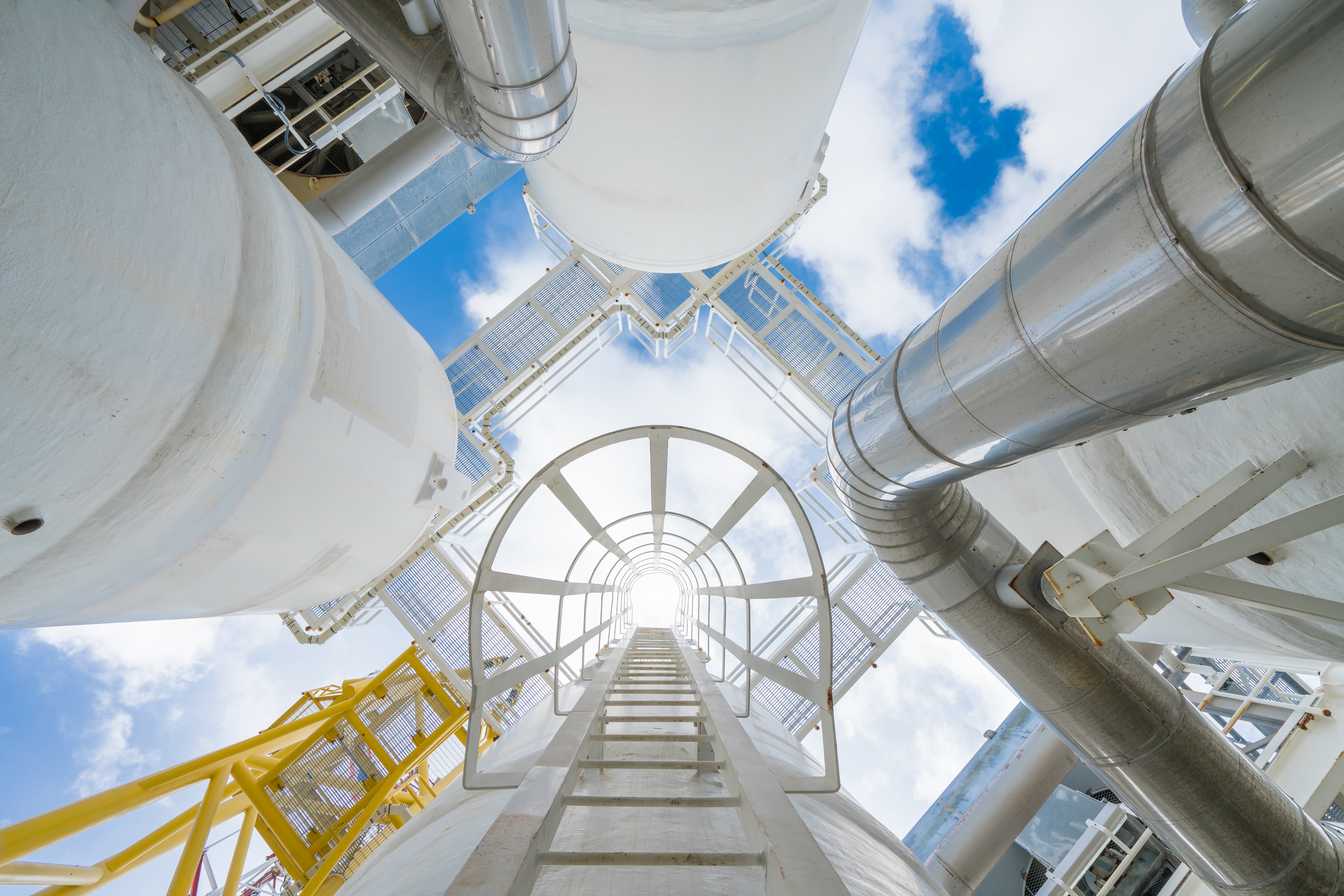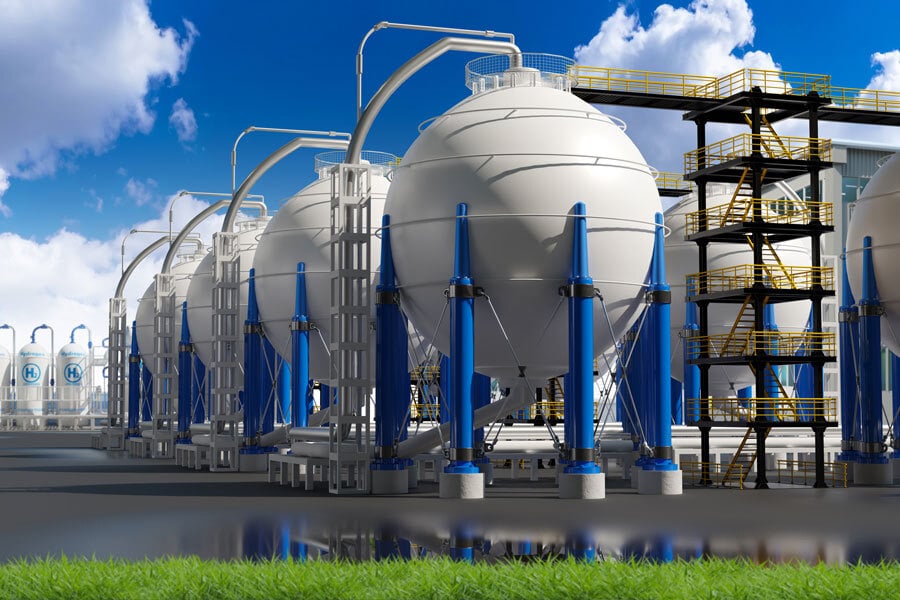Global natural gas prices surged throughout 2021 due to a combination of key maintenance works, fire outages at extraction and processing sites, feedgas supply issues and, in the US – adverse weather. So says the International Energy Agency, but China’s energy crisis will likely have a knock-on effect too.
To mitigate its own energy issues, China ordered state-backed companies to secure supplies no matter what the cost, according to reports. The move is likely to intensify the natural gas crunch in the UK and across Europe.
A variety of issues underpin gas supplies on the continent. Russian supplier Gazprom reported its official provision of gas from Belarus into Europe at 44.7 million cubic meters (mcm) on 26 October which is 60% lower than the 114.7 mcm supplied on the same day in 2020.
And while the EU does have the capacity to store over 117 billion cubic meters (bcm) of natural gas – roughly a fifth of its annual consumption – exceptionally high prices meant much more was sold than stored over 2021. An October Gas Infrastructure Europe press release warned that underground gas storage has reached a historically low filling level.
The low storage levels have been caused by the northern hemisphere supply bottleneck combined with a lack of North Sea wind, which has meant a lack of renewable power supplies, and in the UK, the absence of sufficient storage capacity to ride shortages. British Gas’ parent company Centrica announced the closure of its Rough offshore facility in 2017. Despite having provided 70% of the UK’s gas storage capacity for 30 years it failed to secure government subsidies for essential upkeep and upgrade.
Hedged against turbulent times
For many chemical industry companies, price tags on natural gas will remain unchanged in the short-term. This is thanks to long-term supply contracts with a fixed price structure into the future. Precisely to reduce potential risk, many firms hedge their natural gas prices 2-3 years in advance and should be immune to the recent volatility.
Provided exposure to spot energy supplies is modest, most will be able to cope to the end of this year with moderate increases for the pricing of their products. However, they will undoubtedly face higher contract prices next year (many contracts are on an annual basis) and are already thinking how to adjust their pricing strategy.
Spot pricing knock-on effect
Some chemical companies that maybe relied too heavily on spot purchases are raising their prices substantially, starting in October. Any buyers or suppliers that shifted to spot natural gas purchases due to exceptionally low prices last year will be feeling the pinch, and some may even be trying to pass those costs on.
Importantly, the headline spot prices do not necessarily reflect the average price being paid by companies. Contract natural gas prices are much less volatile, and usually are set annually in correlation with crude oil prices. Industrial consumers traditionally use these prices in their contracts and will be much less affected by the present volatility.
Price increases announced by several producers
Autumn already saw natural gas surcharge announcements from companies in the specialty chemicals sector. Trinseo added a surcharge to EMEA-manufactured plastics, latex binders and synthetic rubber products, while Kraton’s European-made hydrogenated styrenic block copolymer products will see €250/ton increase.
The latter credits recent and unprecedented price increases for natural gas, electricity and CO2 certificates for substantially affecting production cost at its Berre, France-based plant. Kraton’s price increases take effect in November while Trinseo’s took effect on 27 October.
Huntsman’s surcharge of €125/ton on sales of MDI in Europe, Africa, the Middle East and India became effective 1 October. European natural gas prices have, said the company, adversely affected the energy inputs, intermediates, and multiple feedstock costs incurred in Huntsman's MDI production.
President of the company’s polyurethanes division Tony Hankins said the firm is working with customers to “manage the impact of the surcharge”. Hankins described the surcharge as “necessary to respond to the unexpected and unprecedented increase in our production costs".







